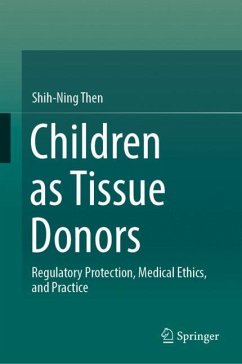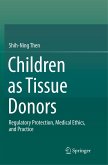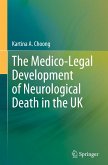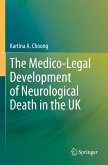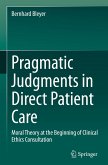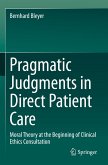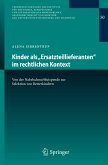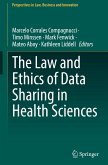This book examines the position of children who provide tissue to potentially save the life of another. It questions whether child donors of all ages have been treated appropriately and whether they are sufficiently protected in acting as tissue donors, and ultimately considers whether a new regulatory response is needed to benefit donor children.
The book couples a legal exposition of the donor child's position with the medico-ethical reality of clinical practice. In recent years, a growing body of literature concerning the clinical experiences and outcomes for child donors has emerged. This book adds to this by examining another dimension - the regulatory frameworks at play. It examines the ethical arguments for and against children acting as tissue donors and provides an original analysis of the legal and non-legal regulatory frameworks governing children's participation in the United Kingdom, United States and Australia. It combines these doctrinal and theoretical approaches with insights into clinical practice gained from the results of qualitative research conducted with health professionals.
The analysis inevitably explores the more general issues of children's right to make medical decisions, the role of parents in decision-making, the value of the best interests test and alternative (legal and ethical) standards, rights of participation of children before the courts, and the role of law and other forms of regulation in a clinical context.
The book couples a legal exposition of the donor child's position with the medico-ethical reality of clinical practice. In recent years, a growing body of literature concerning the clinical experiences and outcomes for child donors has emerged. This book adds to this by examining another dimension - the regulatory frameworks at play. It examines the ethical arguments for and against children acting as tissue donors and provides an original analysis of the legal and non-legal regulatory frameworks governing children's participation in the United Kingdom, United States and Australia. It combines these doctrinal and theoretical approaches with insights into clinical practice gained from the results of qualitative research conducted with health professionals.
The analysis inevitably explores the more general issues of children's right to make medical decisions, the role of parents in decision-making, the value of the best interests test and alternative (legal and ethical) standards, rights of participation of children before the courts, and the role of law and other forms of regulation in a clinical context.
"This is an excellent introductory book. It is written at a high enough level to be helpful to medical professionals, while parts of it are still accessible to families who may have concerns about child tissue donation. It provides important information from the perspective of healthcare workers and is most appropriate for those with a medical background." (Sarah K. Sawicki, Doody's Book Reviews, April 26, 2019)

